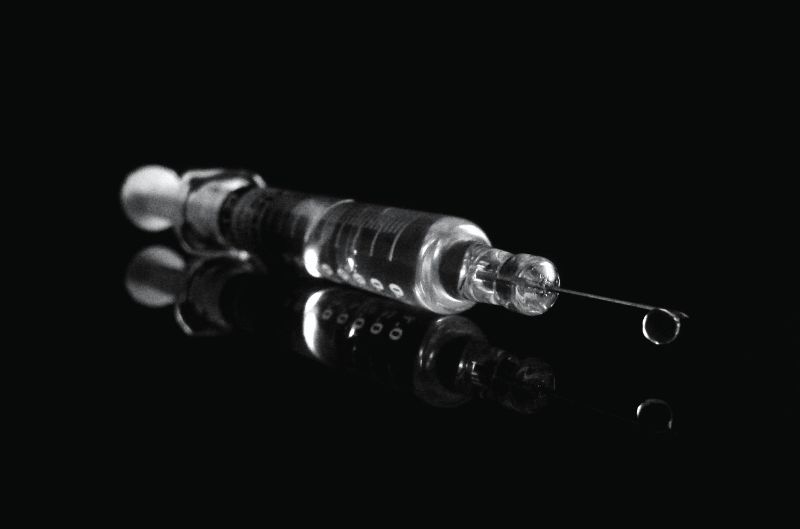
Pfizer and BioNTech have reported positive preliminary results from the ongoing Phase I/II clinical trial of BNT162b1, a potential Covid-19 vaccine.
BNT162b1 is the most advanced of the four Covid-19 vaccine candidates being assessed as part of Pfizer and BioNTech’s BNT162 mRNA-based vaccine programme.

Discover B2B Marketing That Performs
Combine business intelligence and editorial excellence to reach engaged professionals across 36 leading media platforms.
A nucleoside-modified messenger RNA (modRNA) candidate, BNT162b1 encodes an optimised SARS-CoV-2 receptor binding domain (RBD) antigen.
The randomised, placebo-controlled, observer-blinded Phase I/II trial is being performed in the US to assess the safety, tolerability and immunogenicity of escalating dose levels of BNT162b1.
For the initial part of the study, 45 healthy adults aged 18 to 55 years were enroled.
Preliminary data was obtained from 24 participants who were given two 10µg and 30µg injections, 12 subjects who had a single 100µg injection and nine subjects who received two doses of placebo.

US Tariffs are shifting - will you react or anticipate?
Don’t let policy changes catch you off guard. Stay proactive with real-time data and expert analysis.
By GlobalDataThe results showed that the vaccine candidate could be given at a dose that was well tolerated and produced dose dependent immunogenicity.
In all 24 subjects who were given two 10µg and 30µg vaccinations of BNT162b1, elevation of RBD-binding IgG concentrations was found following the second injection.
The geometric mean concentrations (GMCs) in this cohort were 4,813 units/ml with 10µg and 27,872 units/ml with 30µg at day 28, seven days after immunisation.
These GMCs are said to be 8- and 46.3-times the GMC of 602 units/ml in a set of 38 sera from participants who had contracted the viral disease.
At day 21 following a single 100µg injection, the 12 subjects had an RBD-binding IgG GMC of 1,778 units/ml, which is 3-times the GMC of the convalescent serum panel.
The most common local reaction was injection site pain, which was mild to moderate, without any serious adverse events.
BioNTech CEO and co-founder Ugur Sahin said: “These preliminary data are encouraging in that they provide an initial signal that BNT162b1 targeting the RBD SARS-CoV-2 is able to produce neutralising antibody responses in humans at or above the levels observed in convalescent sera – and that it does so at relatively low dose levels.”
These preliminary results, along with additional preclinical and clinical data, is expected to help establish a dose level and select among several vaccine candidates to advance to a large, global Phase IIb/III safety and efficacy trial planned for next month.





